Posted on 12/21/2024
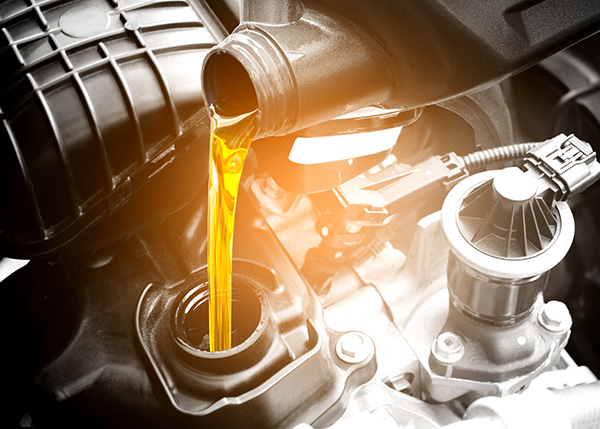
If your car seems to be guzzling engine oil faster than it should, it’s not just frustrating—it can also signal underlying issues that need attention. While topping off the oil might seem like a quick fix, excessive oil consumption is often a symptom of a bigger problem that could lead to costly breakdowns if ignored. These are the most common reasons your engine might consume too much oil, and how can you address them? Worn Piston Rings or Cylinder Walls One of the most common culprits behind high oil consumption is worn-out piston rings or cylinder walls. Piston rings are designed to create a tight seal between the piston and the cylinder wall, preventing oil from seeping into the combustion chamber. When these components wear out, oil can slip past the rings and burn along with the air-fuel mixture. You might notice bluish smoke coming from your exhaust—an indicator that oil is being burned during combustion. This issue typically req ... read more
Posted on 11/28/2024

Winter brings frosty mornings, icy roads, and shorter days. While the colder months have their charm, they also come with challenges for your vehicle. Extreme weather can take a toll on its performance, making it necessary to stay ahead of potential problems. Wondering what could go wrong? We'll share the most common car issues you should keep an eye on during the winter season and how to tackle them effectively. Battery Troubles Ever tried starting your car on a freezing morning only to be met with silence? Your battery could be to blame. Low temperatures slow down the chemical reactions inside the battery, reducing its ability to hold a charge. This is especially true for older batteries, which struggle to deliver enough power to crank the engine in the cold. Keep an eye on signs of a weak battery, like dim headlights or a sluggish start. If your battery is over three years old, consider getting it tested before winter hits. Investing in a portable jump starte ... read more
Posted on 10/31/2024

Maintaining a fleet of vehicles can feel like a constant juggling act, especially when you’re trying to balance operational efficiency with cost management. However, cutting corners on fleet maintenance to save money is a short-term solution that can backfire in the long run. The truth is that properly maintaining your fleet not only ensures safety and reliability but also delivers significant financial benefits. Whether you manage a small group of vehicles or an extensive commercial fleet, investing in regular maintenance is a strategy that pays off in more ways than one. Reduced Downtime and Increased Productivity Imagine this: one of your fleet vehicles breaks down unexpectedly in the middle of a job. Not only is the vehicle out of commission, but your driver is stranded, schedules are disrupted, and deliveries or services are delayed. Downtime costs businesses valuable time and money. When vehicles are regularly inspected and maintained, potent ... read more
Posted on 9/27/2024
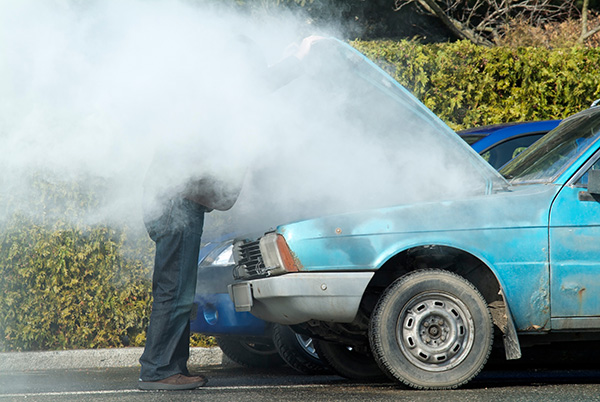
You’re driving along when, all of a sudden, you notice steam rising from under your car’s hood. It’s one of those situations that instantly grabs your attention and leaves you feeling a bit concerned. Steam is never a good sign, but what’s actually happening beneath that hood? Is it something minor, or should you pull over immediately? Let’s look at the most common causes of steam coming from your engine and what steps you should take to prevent serious damage to your car. Coolant System Issues One of the leading causes of steam under the hood is a problem with your car’s coolant system. Your engine generates an immense amount of heat, and it relies on the coolant system to keep it from overheating. If there’s a leak in the system, low coolant levels, or a malfunctioning radiator, your engine can overheat, which often results in steam escaping from under the hood. The steam you’re seeing is most likely hot ... read more
Posted on 8/30/2024
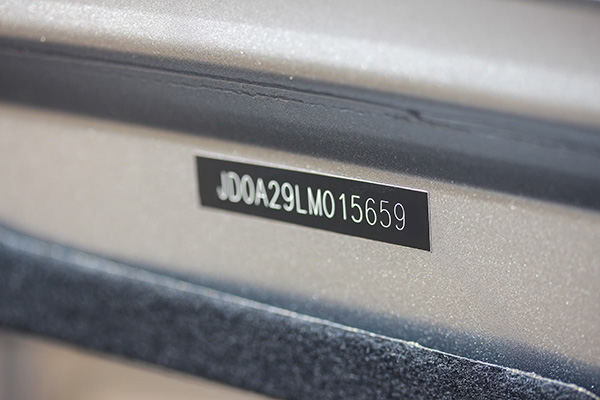
Every vehicle has its identity encoded in its Vehicle Identification Number (VIN). If you've ever looked closely at your car's dashboard or the inside of the driver's door, you've probably noticed a long string of numbers and letters. This is your car’s VIN, and while it may seem like a random assortment of characters, each digit carries significant information about your vehicle. From the manufacturer to the model year and even the plant where the car was assembled, the VIN is a goldmine of details for those who know how to decode it. Introduction to Vehicle Identification Numbers (VINs) A VIN is like a fingerprint for your vehicle—completely unique and crucial for identifying all aspects of the car. Established as a standard in the automotive industry, VINs ensure that no two vehicles can have the same identification number. This system not only helps manufacturers keep track of each vehicle but also assists in vehicle registration, insu ... read more
Posted on 7/26/2024
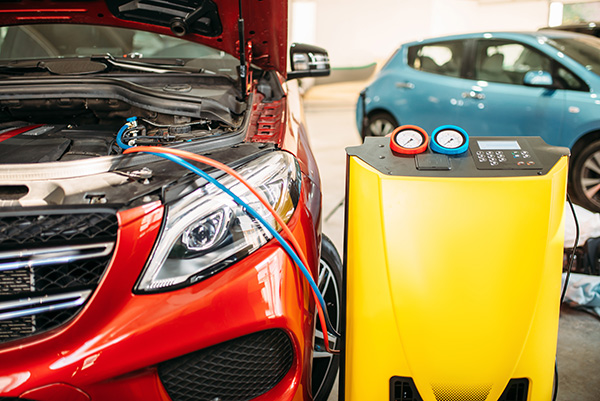
On a sweltering summer day, there's nothing worse than getting into your car, cranking up the AC, and realizing it's blowing warm air. A malfunctioning car air conditioner can be a major inconvenience, turning what should be a cool, comfortable ride into an unbearable experience. But what causes your car's AC to stop working? We'll share the most common issues that can disrupt your vehicle's cooling system. Low Refrigerant Levels One of the most frequent culprits behind a failing car AC is low refrigerant levels. Refrigerant is the substance that circulates through your AC system, absorbing heat and cooling the air. Over time, small leaks can develop in the AC system, causing the refrigerant to slowly seep out. When the refrigerant level drops too low, the AC can't cool the air effectively. If you notice your AC isn't as cold as it used to be, or if it starts blowing warm air, it's a good indication that you might be low on refr ... read more
Posted on 6/28/2024
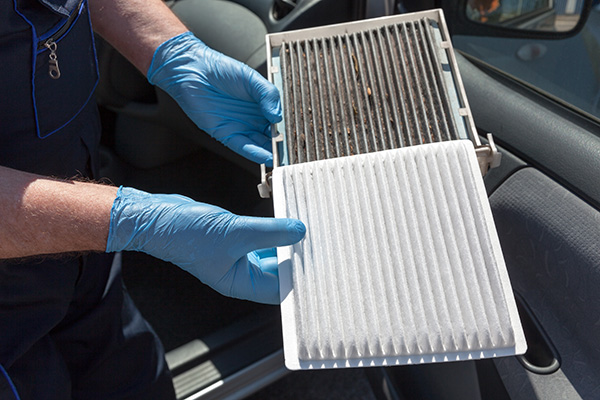
Replacing your car's air filter at home might seem daunting, but it's simpler than you think. With the right tools and a little guidance, you can save money and time by doing it yourself. But is it really that easy? Let's see how you can replace your car's air filter at home, ensuring your vehicle runs smoothly and efficiently. Why Replace Your Car's Air Filter? Your car's air filter plays a crucial role in maintaining engine performance. It filters out dirt, dust, and debris from the air entering the engine, ensuring clean air mixes with fuel for optimal combustion. Over time, the air filter gets clogged with contaminants, reducing airflow and affecting engine performance. Replacing it regularly keeps your engine running at its best, improves fuel efficiency, and extends the life of your vehicle. Signs Your Air Filter Needs Replacement Let's see how to recognize when your air filter needs attention. Common signs include ... read more
Posted on 5/30/2024

Gas mileage is impacting both your wallet and the environment. But what happens when you notice that your car is guzzling more fuel than usual? Understanding the reasons behind poor gas mileage can help you take the necessary steps to improve it. We'll explore the common causes of decreased fuel efficiency and provide tips on how to get your car back to optimal performance. Engine Performance Issues One of the primary culprits behind poor gas mileage is engine performance issues. When your engine is not running efficiently, it requires more fuel to operate. Problems like dirty fuel injectors, worn-out spark plugs, or a malfunctioning oxygen sensor can significantly reduce your car's fuel efficiency. Regular maintenance and tune-ups are necessary to keep your engine in top shape. Incorrect Tire Pressure Believe it or not, your tires are crucial to fuel efficiency. Underinflated tires create more rolling resistance, making your engine work harder and burn more fuel. Conversel ... read more
Posted on 4/29/2024
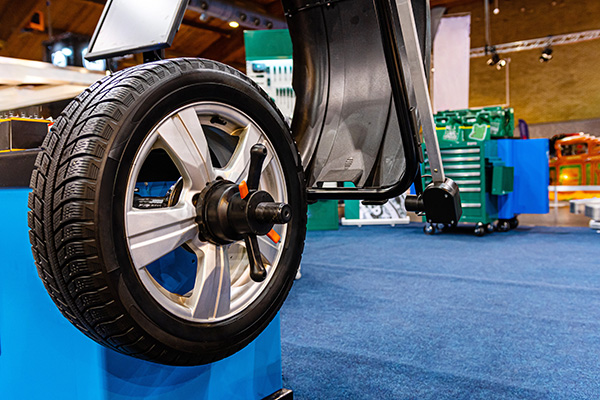
In the bustling world of automotive maintenance, ire balancing certain procedures tend to fly under the radar despite their important role in ensuring a smooth and safe driving experience. One such procedure is tire balancing – an often-overlooked aspect of vehicle maintenance that significantly preserves tire health and enhances overall driving performance. What is Tire Balancing Tire balancing is a meticulous process that ensures uniform weight distribution across all four tires of a vehicle. This involves identifying any imbalances in weight distribution, typically caused by variations in tire weight or imperfections in tire construction. To address these imbalances, specialized equipment measures the weight distribution and applies counterweights strategically to achieve equilibrium. Balancing each tire minimizes vibrations and uneven wear, resulting in a ... read more
Posted on 3/29/2024
.jpeg)
We must always pay attention to any signs of trouble in our vehicles. One common issue that can cause concern is fluid leaking. Not only can leaks indicate a problem with your car, but they can be a tremendous safety hazard. Water is usually not a concern, often originating from air conditioning condensation. Here are five possible reasons why your car leaks fluid and what you should do about it: Engine Oil Leak Engine oil is essential for lubricating various components of your car's engine to ensure smooth operation. It could indicate an engine oil leak if yu notice dark brown or black fluid pooling under the front of your vehicle. Engine oil will be greasy at the touch and will have a gasoline smell. Possible reasons: Damaged or worn-out gasket. A damaged oil filter. Damaged or worn-out sensor housing. Loose or damaged oil drain plugs. Igno ... read more